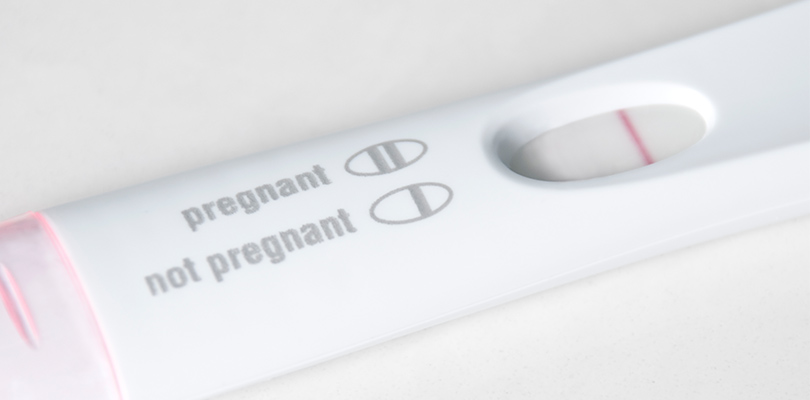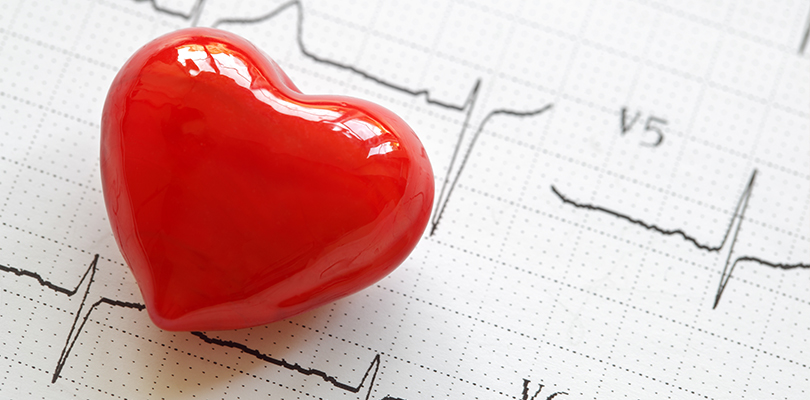What Is Antidepressant Withdrawal?
Antidepressants are commonly used to treat depression and anxiety or other conditions such as eating disorders or chronic pain.
While antidepressants are proven to reduce symptoms associated with these conditions, it is necessary to understand the side effects of antidepressant withdrawal, sometimes referred to as antidepressant withdrawal syndrome.
Antidepressant withdrawal is a process that the body undergoes once a person abruptly stops taking antidepressants after they have been consuming it for at least six weeks.
Because antidepressants are not a medication that people usually associate with withdrawal, it’s essential for individuals to understand that withdrawal can occur. Early diagnosis and immediate treatment will lead to a fast and total recovery.
Types of Antidepressants
To better understand withdrawal, it’s important to examine the types of antidepressant medications that are commonly used.
- Selective serotonin reuptake inhibitors (SSRIs). This category of antidepressants is among the most common. These medications work on serotonin and are commonly used to treat mild to moderate depression. Medicines under this classification include Prozac, Zoloft, and Paxil.
- Monoamine oxidase inhibitors. This is considered the older form of antidepressant medication. It’s not normally prescribed today simply because it has severe side effects that are more difficult to manage. Medicines under this classification include Nardil and Parnate.
- Tricyclic antidepressants. This type of antidepressant works on a broader scale of neurotransmitters. Usually, this medication is not prescribed for depression because of its severe side effects. However, it is still used in some cases. Medications under this classification include Elavil, Anafranil, and Pamelor.
- Atypical antidepressants. This mode of medication has a slightly different action than any of the other categories. It’s a broader classification that includes many different drugs that range in use and side effects. Medications under this classification include Cymbalta, Wellbutrin, Remeron, and Effexor.
Any of the above medications can cause antidepressant withdrawal if they are stopped suddenly. The severity and longevity of symptoms can be influenced by the type of medication that was initially prescribed, but it can also vary person to person.
Signs and Symptoms of Antidepressant Withdrawal
There are many symptoms to watch out for once you stop taking antidepressants. Signs of withdrawal include:
- Flu-like symptoms
- Irritability
- Depressed mood
- Fatigue
- Anxiety
- Dizziness
- Weakness
- Headaches
- Gastrointestinal issues
- Insomnia
Schizophrenia is a mental disorder that interferes with an individual’s ability to think clearly, manage emotions, make decisions, and understand the world.
How Long Do Antidepressant Withdrawal Symptoms Last?
Antidepressant withdrawal does not always occur for everyone, but it is still a possibility for anybody who has taken the medication for an extended period of time.
Usually, these symptoms occur one or two days after you stop taking your medication. Symptoms typically last for one to three weeks with the worst symptoms occurring during the first week.
Please note, symptoms can also be relieved within 24 hours if you resume taking antidepressant medication. Keep in mind; people may experience a combination of symptoms that range in severity. People who have taken antidepressants for less than six weeks are less likely to suffer withdrawal.
Antidepressant Withdrawal Relief Coping Tips
If you think you may have antidepressant withdrawal, you should speak to your doctor right away to develop a plan of action. Options may include your doctor:
- Prescribing a lower dose of antidepressants to wean your body from it slowly
- Look into prescribing a different medication to help avoid withdrawal
- Prescribing medications that help treat the symptoms of the withdrawal
It’s incredibly important that an individual with antidepressants withdrawal seek medical help right away. While the condition is not considered life-threatening, the psychological symptoms could lead to self-harm or poor decision-making.
The Bottom Line...
People may not need antidepressants their entire life. Sometimes, people only need to take the medication for a short period of time before their depression improves. However, it’s never a good idea to completely stop taking medications without some professional oversight.
Antidepressant withdrawal is a real condition that should be treated. While the symptoms are most uncomfortable, the concern centers more on the psychological impact. An individual that suffers from antidepressant withdrawal may not be thinking clearly, and it could lead to self-harm.
You should never stop taking antidepressants without the advice of a doctor. If you do suddenly stop taking your medication for any reason, then you should notify your doctor right away. You do not have to suffer through withdrawal. Your doctor can assist you.







